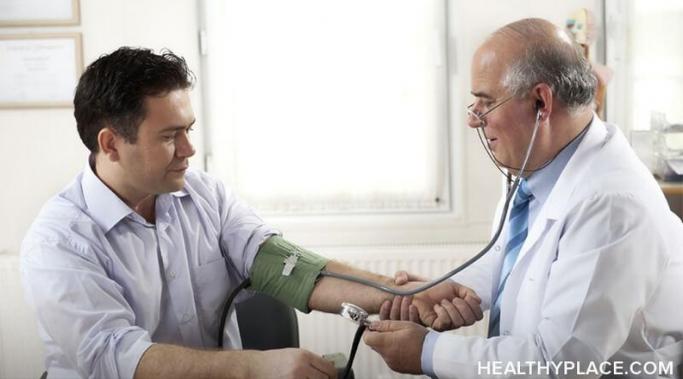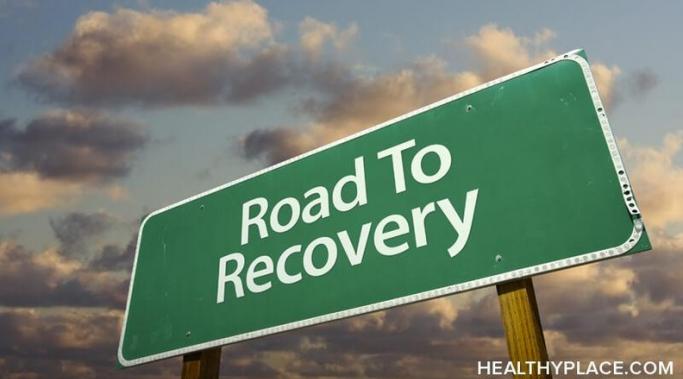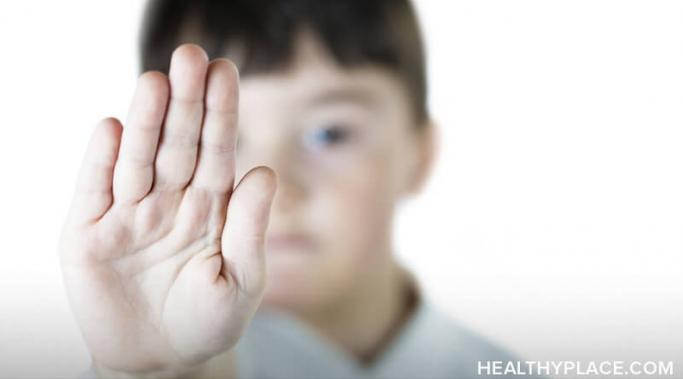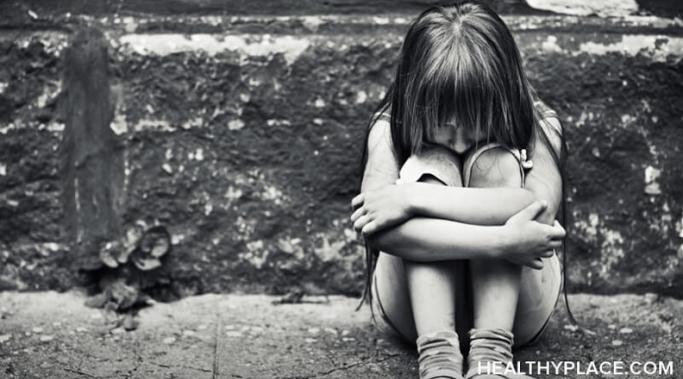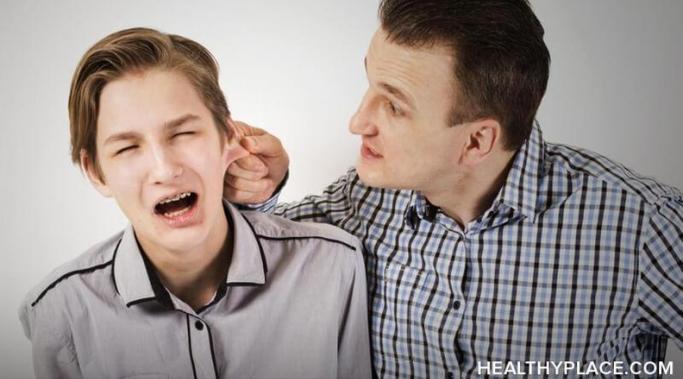Although victims of verbal abuse do not have bruises or other physical scars, the effects of verbal abuse are still genuine. While anxiety and depression can result from verbal abuse, they are not the only side effects.
Healing After Abuse
If you are leaving an abusive situation or are trying to put one behind you, congratulations. Finding the strength to do what is best for you can be difficult, but it is worthwhile. However, recovering from abuse, whether verbal, emotional, physical, or otherwise, is not easy, and the path can be full of triggers or roadblocks.
Recovering from verbal abuse can be a challenging journey, even if the abuse is in your past. For myself, even decades after I distanced myself from those who are verbally abusive, I can become triggered by others who may not be intentionally abusive, but I interpret it as so.
The effects of verbal abuse from a girl's mother may not only have detrimental effects on her self-esteem and self-awareness but may also change her perception of how she should act as a grown woman. Without a healthy example of a mothering role, girls can grow up thinking abusive behavior is normal and expected.
The father-son relationship is a critical one as a boy grows into an adult. A negative male role model may alter the way a boy handles stress and deals with adversity. For example, when a father uses verbal abuse to correct his son, feelings of inadequacy and anxiety can be present into adulthood.
How a mother cares for her children can directly impact how they handle future relationships, especially when it comes to boys. A boy may learn empathy, emotional regulation, and self-confidence from his mom. However, when the connection between these two contains verbal abuse, he may show aggression towards others, be anxious, or even deal with depression.
The dynamics between a father and a daughter can affect how she grows and matures. For example, if there are elements of verbal abuse during childhood, it can negatively alter her emotional wellbeing and development.
Arguments can be a regular part of an intimate relationship. However, when these arguments escalate, the line between a difference of opinion and verbal abuse can be unclear. There can be subtleties that point to verbal abuse and have no place in a fight with your significant other.
Are you the verbal abuser perpetuating the cycle of abuse? The cycle of verbal abuse is a complex one that many individuals are unaware of until they are in the middle of it. Often, verbal abusers are acting out learned behaviors that they experienced in their lives.
Suicide is a very real and prevalent issue for individuals of any age, ethnicity, sexual orientation, or socioeconomic status. It can be more widespread in some locations or groups, but anyone can fall victim to suicidal thoughts, including individuals who suffer from verbal abuse.
